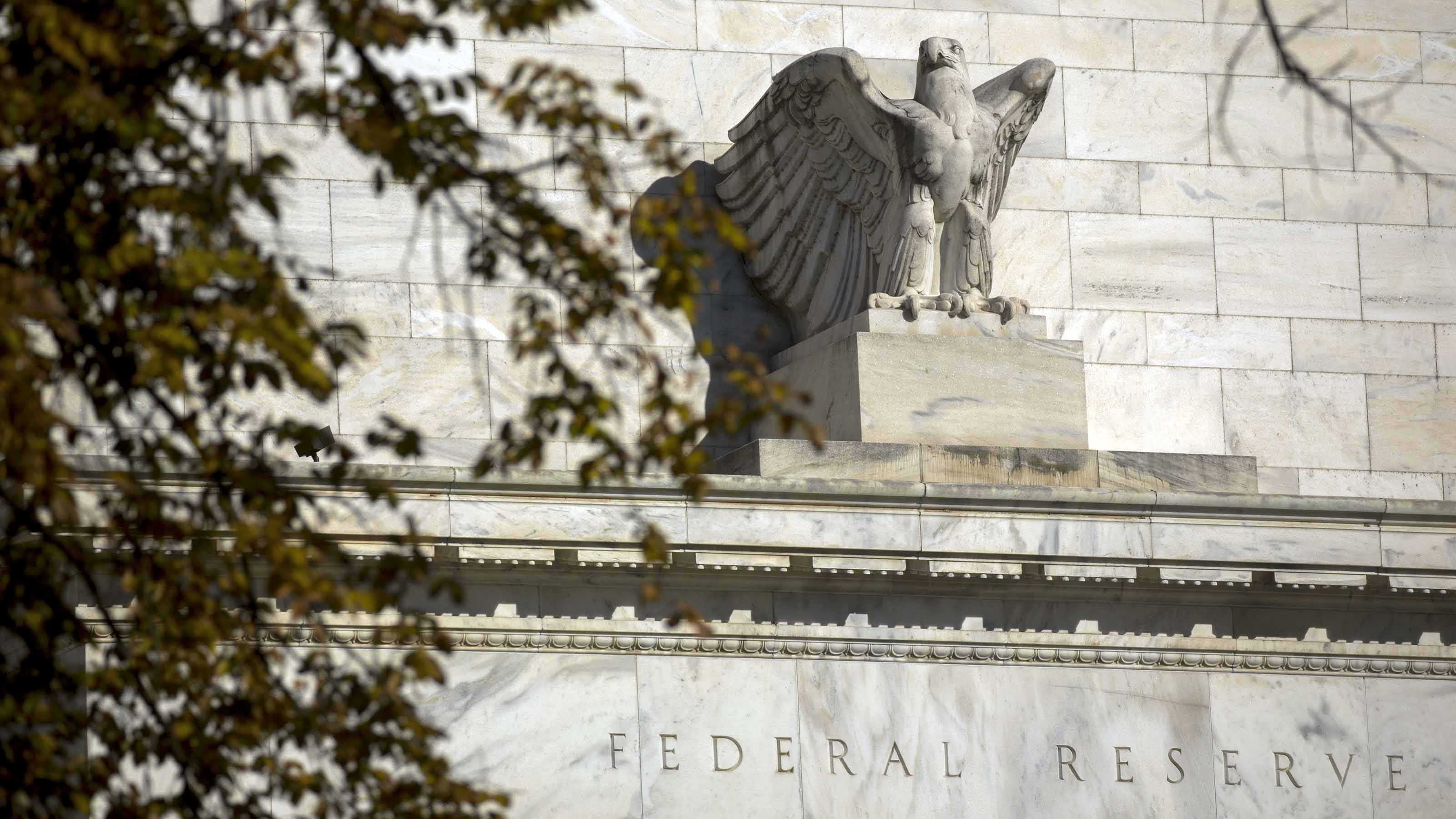
Stocks bounced between positive and negative territory in the lead up to this afternoon's policy statement from the Federal Reserve.
The major indexes moved comfortably higher after the central bank, as expected, lifted interest rates by a quarter of a percentage point, and gave what many considered to be a relatively dovish outlook on future policy plans. Ultimately, however, markets lost steam into the close.
Today's 25 basis point rate hike by the Fed brought its terminal rate to a range of 5.00% to 5.25%, the highest since 2006. The central bank also said in its statement that when considering "the extent to which additional policy firming may be appropriate" to bring inflation to its 2% target level, the committee will "take into account the cumulative tightening of monetary policy, the lags with which monetary policy affects economic activity and inflation, and economic and financial developments."
This differs from previous statements that said "some additional policy firming may be appropriate," and the change was acknowledged as "significant" by Fed Chair Powell in his subsequent press conference. However, Powell also said he expects slow progress on lowering inflation.
"The question now is whether the Fed will continue to raise rates, or at least keep them elevated for a long time," says Mike Loewengart, head of model portfolio construction at Morgan Stanley. "Employment could play a key role in that decision, since the Fed has said it wants to see evidence the labor market is cooling off before it declares victory on the inflation front."
Earlier today, ADP said the U.S. added 296,000 private payrolls in April, more than doubling economists' estimates. While the ADP employment number didn't point in the direction the Fed wants it to, Loewengart adds, we'll get a clearer picture with this Friday's monthly jobs report. "If the labor market remains tight, though, the Fed may have fewer reservations about raising rates again, or at least waiting longer before it begins cutting rates," he says.
AMD, Starbucks report earnings
In non-Fed news, Advanced Micro Devices (AMD) stock plunged 9.2% after the chipmaker said first-quarter revenue was down 9% year-over-year due mostly to declining sales of PC chips. Analysts still widely consider AMD to be one of the best semiconductor stocks on the market, as evidenced by a consensus Buy recommendation from the 42 analysts surveyed by S&P Global Market Intelligence.
Starbucks (SBUX, -9.2%) was another post-earnings loser. Although the coffee chain reported top- and bottom-line beats for its fiscal second quarter, new CEO Laxman Narasimhan maintained the full-year guidance issued by former chief exec Howard Schultz, who handed over the reins in March. In the company's earnings call, Narasimhan said this was an attempt at "balancing our incredible momentum and optimism with the economic uncertainties we continue to face around the world."
As for the major indexes, the Dow Jones Industrial Average fell 0.8% to 33,414, the S&P 500 shed 0.7% to 4,090, and the Nasdaq Composite gave back 0.5% to 12,025.
Can the best blue chip dividend stocks continue to outperform?
We often talk about the importance of dividend-paying stocks in this space. There are many reasons why dividend stocks should be included in a portfolio, not least of which because they help boost overall returns. "That's because regular dividend increases lift the yield on an investor's original cost basis," writes Dan Burrows, senior investing writer at Kiplinger.com, in his feature on Wall Street's best dividend stocks. "Stick around long enough, and the modest yield you received on your initial investment can hit double digits one day."
And the proof is in the pudding. In early 2022, we started an experiment to see if the top-rated Dow stocks with yields of at least 2% would outperform a struggling broader market – and the data showed they did. Will this latest batch of the best blue chip dividend stocks do it again? Only time will tell, but history is certainly on their side.


.png?w=600)




